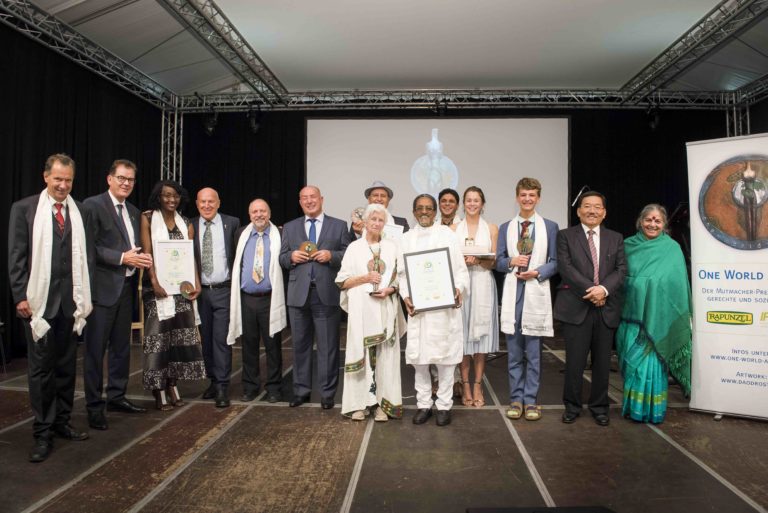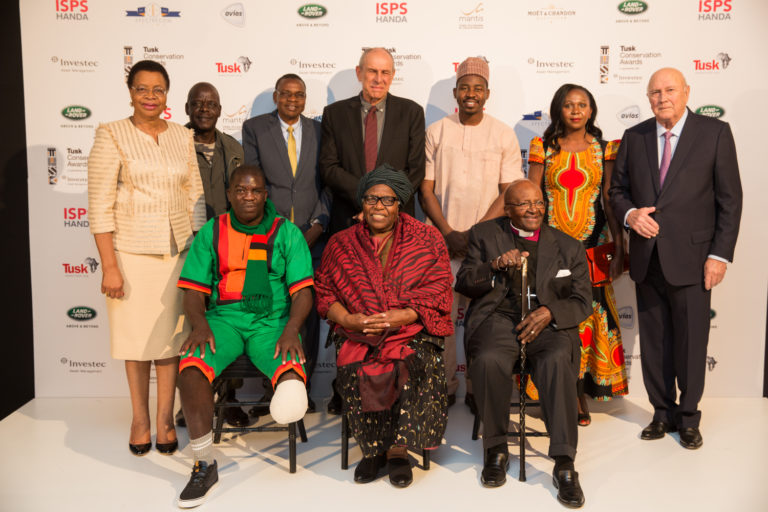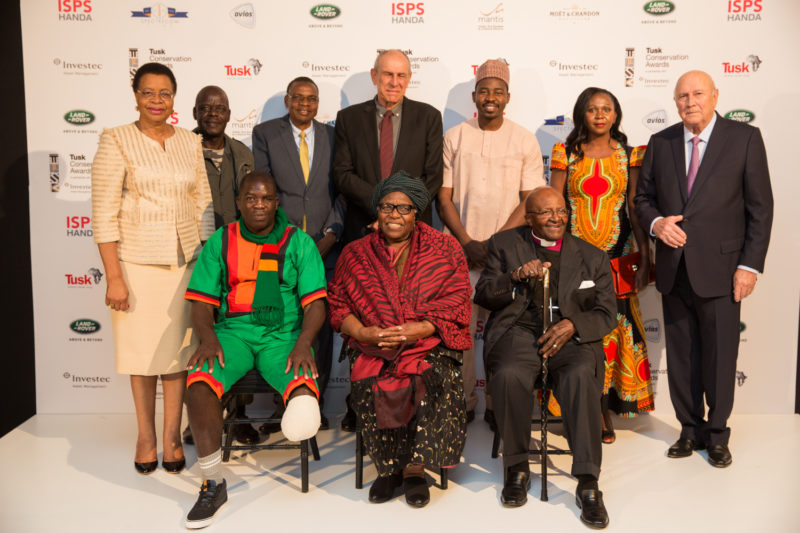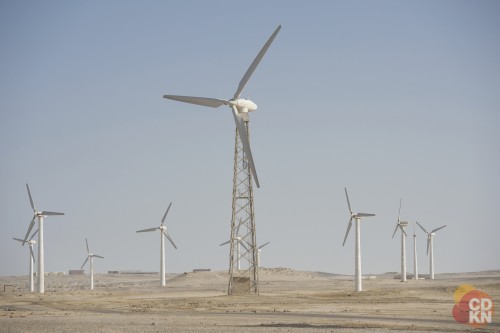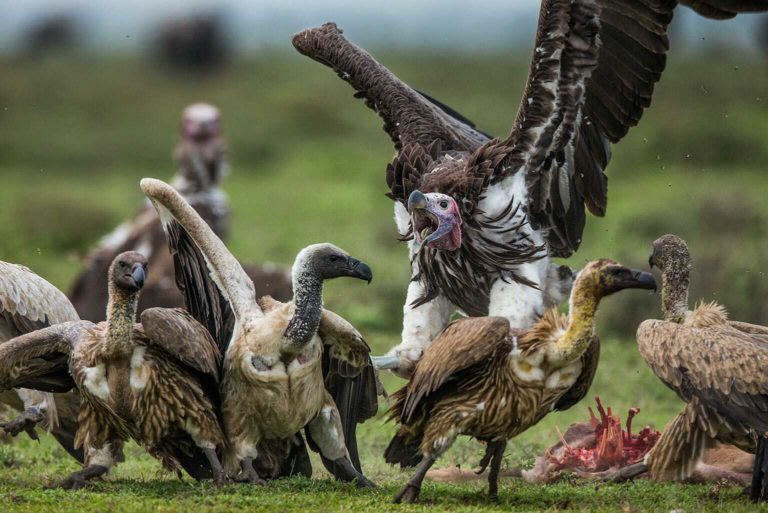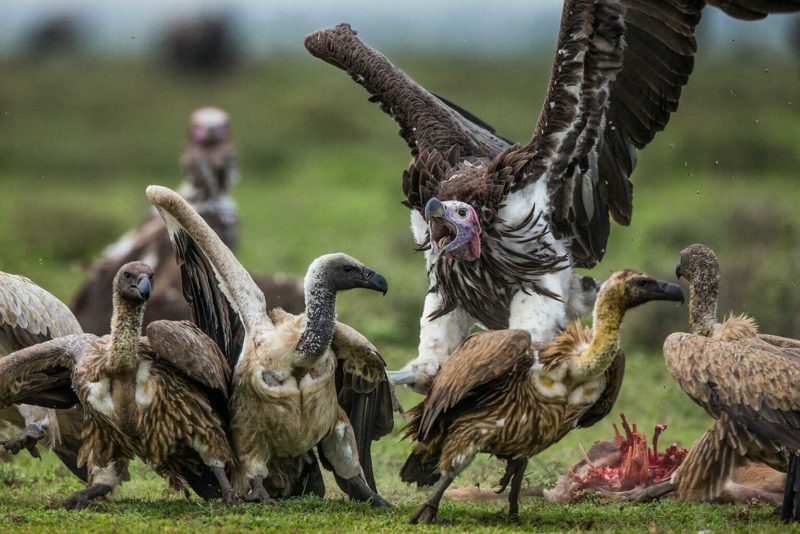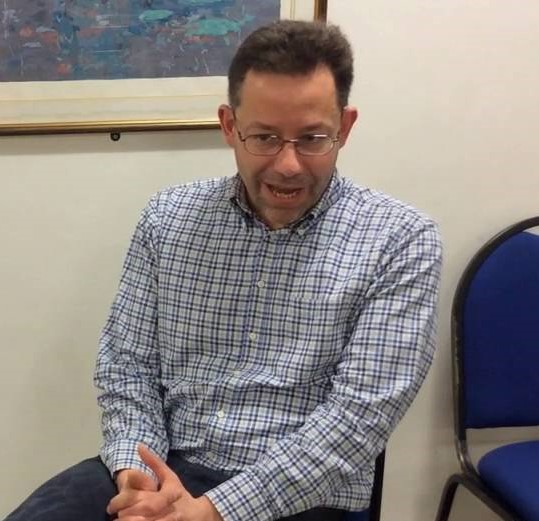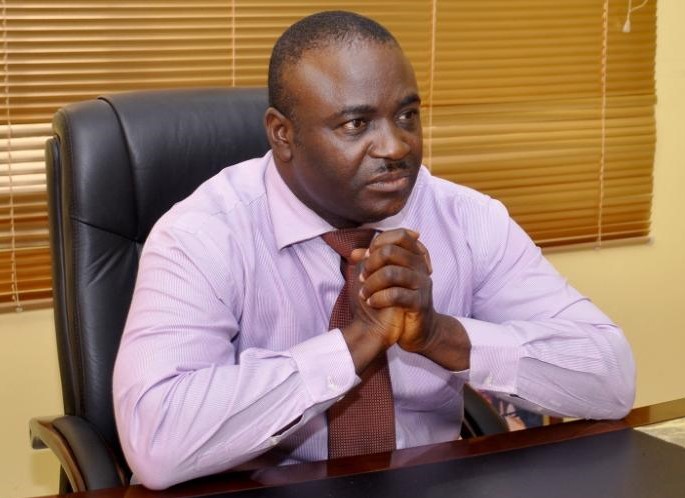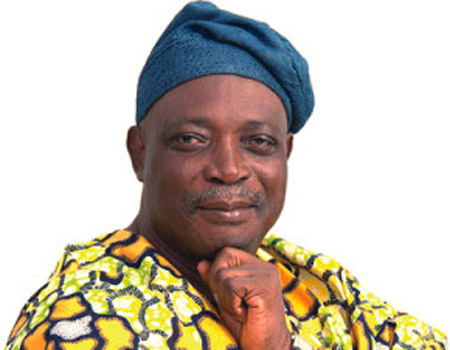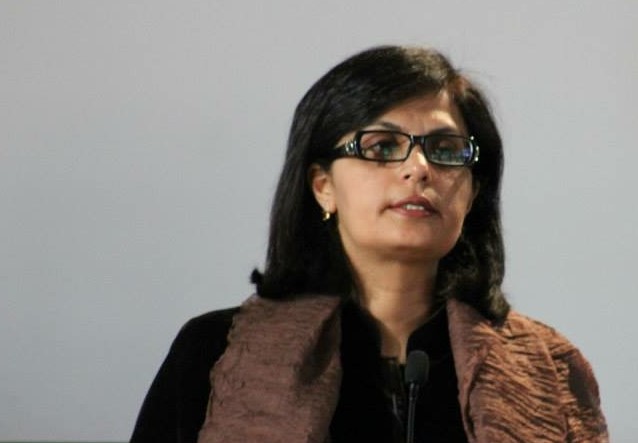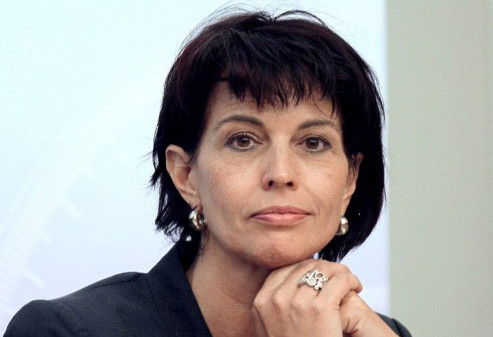On the occasion of the Rapunzel Naturkost One World Festival, the five winners of the 5th One World Award (OWA) were presented in a festive gala on Legau in the Allgäu region of Germany on Friday, September 8, 2017 and which attracted nearly 700 guests from all parts of the world.
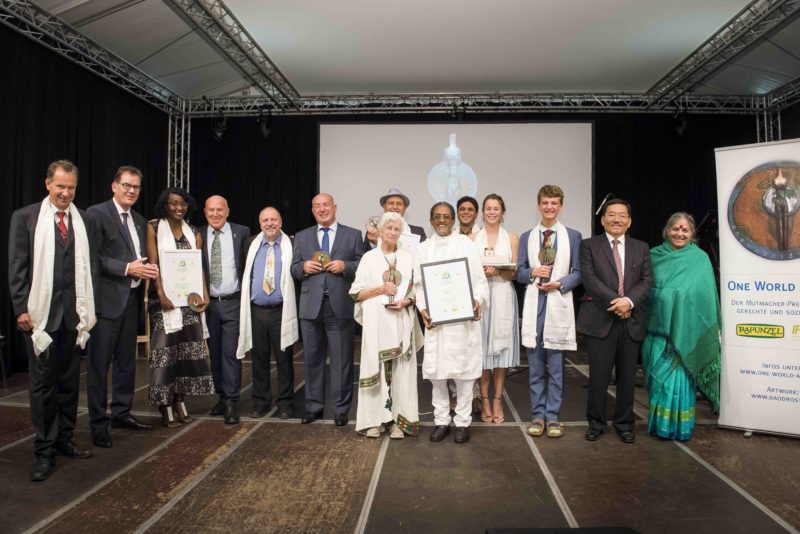
This year, two outstanding projects shared the OWA Grand Prix and the 30,000 Euro prize money: State Prime Minister Shri Pawan Chamling from India who managed to convert the Indian federal state Sikkim together with 65,000 farmers to organic agriculture in only 12 years. The United World Colleges (UWC) from Freiburg/Germany and Pune/India with their social and sustainable educational programs that correspond remarkably well with the OWA goals.
Only within a few years, the OWA appears to have established itself as the most important award of the global organic movement. Joseph Wilhelm, founder and managing director of Rapunzel Naturkost and initiator of the OWA, describes the award in his opening address as an “encourager award that honours people and initiatives that promote fair and equitable globalisation.” The award that is presented by Rapunzel and IFOAM – Organics International is awarded every three years.
The German Federal Minister for Economic Cooperation and Development, Dr. Gerd Müller, and Joseph Wilhelm presented the awards including the Lifetime Achievement Award that went to the Ethiopian scientist and environmental activist, Dr. Tewolde Berhan and his wife Dr. Sue Edwards who are the first married couple to receive this award for their profound life’s work. The laudatory speech for this honorary award was given by Markus Arbenz, executive director of IFOAM – Organics International.
Short film clips and interviews showed the audience the commitment of the winners. The host of the evening was journalist and book author, Dr. Tanja Busse, who found empathetic words for a moving and emotional award ceremony. The well-known guitar soloist, Walter Abt, performed the background music.
The prize money of 5,000 Euro each and an OWA medal went to Professor Amin Babayev from Azerbaijan, Nasser Abufarha (Canaan Project) from Palestine and Martha-Jean Shamiso Mungwashu from Zimbabwe. Roberto Ugas (World Board IFOAM – Organics International, Peru), Steffen Reese (Naturland Deutschland) and Helmy Abouleish (Sekem, Egypt) gave the laudatory speeches.
The highlight of the gala was the presentation of the OWA Grand Prix to two winners: State Prime Minister Shri Pawan Chamling from India and the representatives of the United World Colleges (UWC) from Freiburg/Germany and Pune/India. Each of the two winners received prize money of 15,000 Euro and an OWA statue created by the Vietnamese-German artist Dao Droste for their outstanding commitment and their extraordinary initiatives. The laudatory speech for the two Grand Prix winners held Right Livelihood Award laureate, Dr. Vandana Shiva, the globally recognised environmental activist and eco-feminist.
The concluding group picture with all the winners and participants was impressive proof how diverse “one world“ can be and what impact the activities of individual people can have, said the organisers.
Joseph Wilhelm and the OWA coordinator Bernward Geier (coordinator and chairman of the OWA jury) were excited about the success of the 5th One World Award and were already looking forward to the nominations from around the world for the next OWA that will be awarded in the year 2020.

